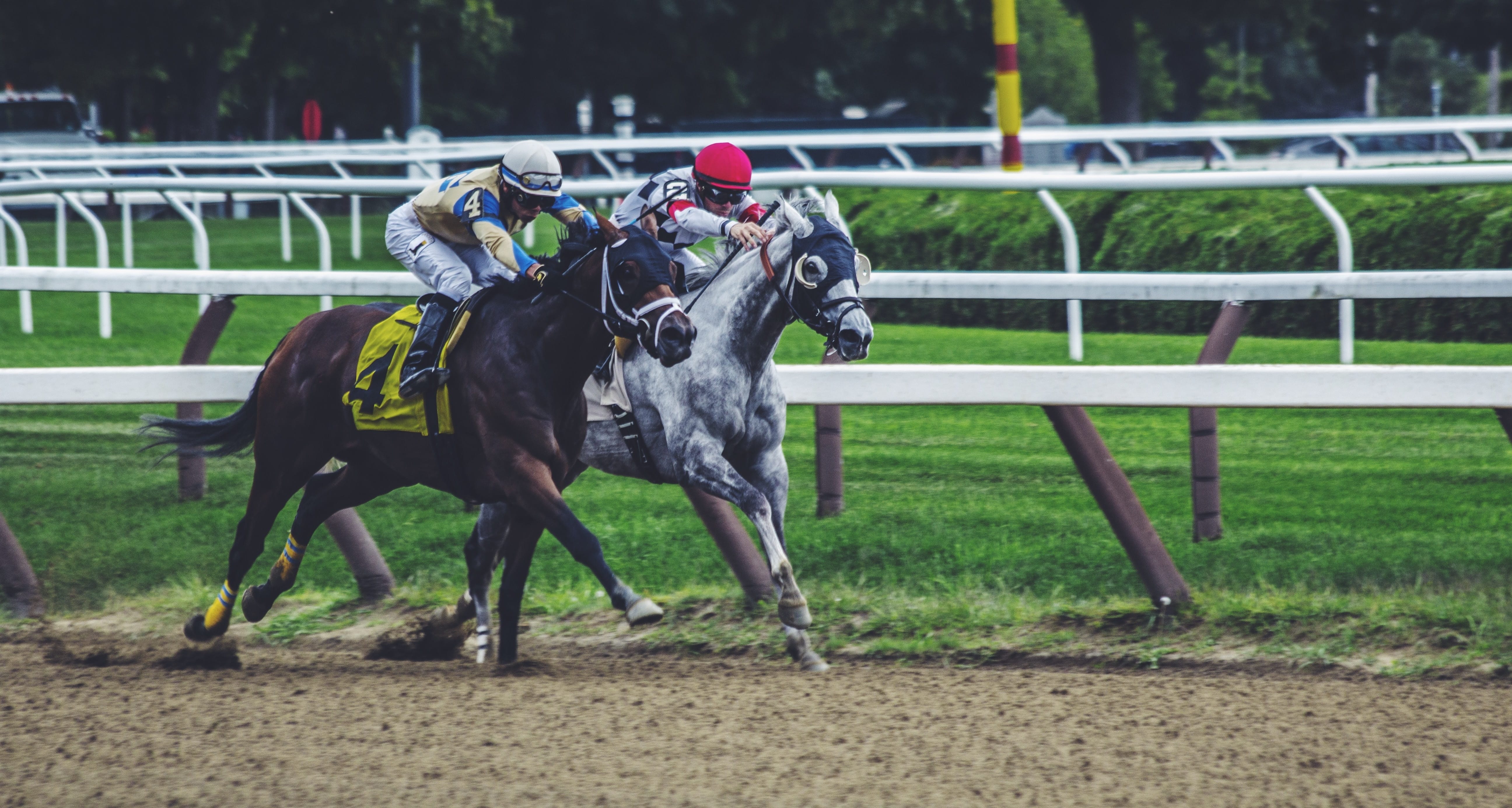As the legalities of horse racing betting continue to change and evolve, it’s essential that you fully understand the legalities of your state so that you can bet with total confidence.
Horse racing betting has a surprisingly rich history in the United States – dating all the way back to the 19th century. However, over the years, the legal framework surrounding horse racing and betting has evolved, and it continues to evolve, which presents a rather complex and tricky landscape.
That being said, it remains incredibly popular in the country – from betting on races such as the Kentucky Derby – or even if you’re looking for international options, like the Cheltenham Gold Cup 2024 odds, it’s essential to understand where you stand in terms of legislation.
The Interstate Horseracing Act (IHA) of 1978
An important piece of federal legislation, the Interstate Horseracing Act of 1978, has laid the foundation for the legal framework that governs horse racing betting in the US. The IHA grants legal permission for interstate simulcasting of horse races, which essentially allows bettors to place bets on races in other states. This legislation was created with the intention of boosting the horse racing industry by improving the economic viability of racetracks and encouraging more people to place bets on the races.
State Regulation
However, although the IHA provides a federal framework, horse racing betting, along with most other types of gambling, is essentially regulated at the state level. Each state has its own regulations and governing bodies – which means that there are a number of variations in the legal landscape across the country. Hence, the legality of horse racing betting in the US very much depends on what state you happen to live in.
Some states have embraced horse racing betting, allowing both on-track and off-track wagering, while others may have much more restrictive policies – and some have even banned it altogether.
Pari-Mutuel Betting
The most popular form of betting on horse racing in the US is pari-mutuel betting. Pari-mutuel betting pools the bets of all those who participate – and the odds are determined based on the total amount that has been wagered on each horse. Generally, this form of betting is legal in most states and is usually found at racetracks, off-track betting (OTB) facilities, and, in states where online gambling is legal, through online sports betting sites.
Advance Deposit Wagering (ADW)
Advance Deposit Wagering refers to betting on horse races via online platforms or through telephone services. ADW is becoming hugely popular in the US, allowing bettors to conveniently place their bets without having to be physically present at a racetrack.
However, the legality of ADW varies by state – and isn’t as widely available as Pari-Mutuel Betting, with some states having embraced it while others have restrictions or other licensing requirements.
Breeders’ Cup and Triple Crown Events

The most prestigious horse racing events, such as the Breeders’ Cup and the Triple Crown races (Kentucky Derby, Preakness Stakes, and Belmont Stakes), unsurprisingly attract a lot of attention and betting activity. These events have been known to receive special exemptions or considerations within state regulations – which makes them even more prominent in the world of horse racing betting.
Offshore Betting
The rise in popularity of online sports betting platforms – including offshore sites, has presented a number of legal challenges to the regulatory framework surrounding horse racing and sports betting.
While some states have fully embraced online horse racing betting, others have many restrictions, and in some states, it’s completely prohibited. There have been numerous efforts to address these challenges, including the expansion of legislation to allow online betting within state borders.
The rules surrounding online gambling are constantly changing – with more states choosing to allow it in some shape or form. As such, if this is something you are considering as a US punter, make sure you check the most recent laws in your state.
Challenges
Unfortunately, the horse racing industry has – and is – facing several challenges, including declining attendance at racetracks and competition from other forms of gambling. To address these issues, the industry is pushing for regulatory reforms, including the expansion of betting options, better marketing strategies, and improved collaboration with state authorities.
Future Trends and Regulatory Changes
We do not doubt that the future of horse racing betting in the US will see many regulatory changes to adapt to the ever-evolving technologies in the industry and changing customer preferences. As the legalities of horse racing betting continue to change and evolve, it’s essential that you fully understand the legalities of your state so that you can bet with total confidence.


Join the conversation!